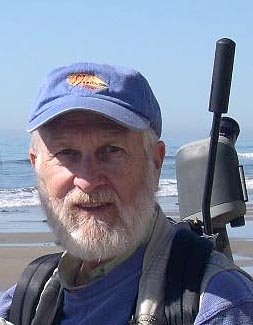Monday, February 06, 2012
Full Snow Moon
Recently, I was reading a poem by Alfred Noyse (1880-1958), "The Highwayman," later put to music by Phil Ochs (1940-1976); two seemingly disparate characters who found common ground in a single entity—the moon.
Fate conspired to make me think of Ochs this morning. Recently, PBS ran a brief special on Ochs’ brief and special life. The moon was less than a day from full at 5:30 a.m. I headed west, watching it set. Noyse’s words played with my mind as I looked at Luna’s cold stare: “The wind was a torrent of darkness among the gusty trees; The moon a ghostly galleon tossed upon cloudy seas.”
Englishman Noyse was born to academic parents but failed to get his college degree because on the day of his finals, he was arranging publication of his first volume of poems. He went on to publish numerous volumes of his work and came to America in 1913 to lecture on world peace and disarmament. His skills as a lecturer landed him a job at Princeton for nine years. He went on to write a large body of work, much of it based on his interest in science, including astronomy.
Phil Ochs was a child of the 60s, sometimes described as a “Bob Dylan with a good voice.” His protest songs, often laced with sarcasm, turned the spotlight on injustices in America and throughout the world. Michael Ventura writes that Ochs’ songs contained the energy that instigated change.
The moon, particularly a full moon, has its way of forcing heavy thinking on people. We’ve lost our ability to live our lives by the phases of the moon; we chuckle at names given to full moons by native Americans—this month’s is the Full Snow Moon; yet we always look at our nearest neighbor in wonder; and wonder.
The wind was a torrent of darkness among the gusty trees,
The moon a ghostly galleon tossed upon cloudy seas,
The road was a ribbon of moonlight over the purple moor,
And the Highwayman came riding …
Subscribe to:
Post Comments (Atom)



No comments:
Post a Comment